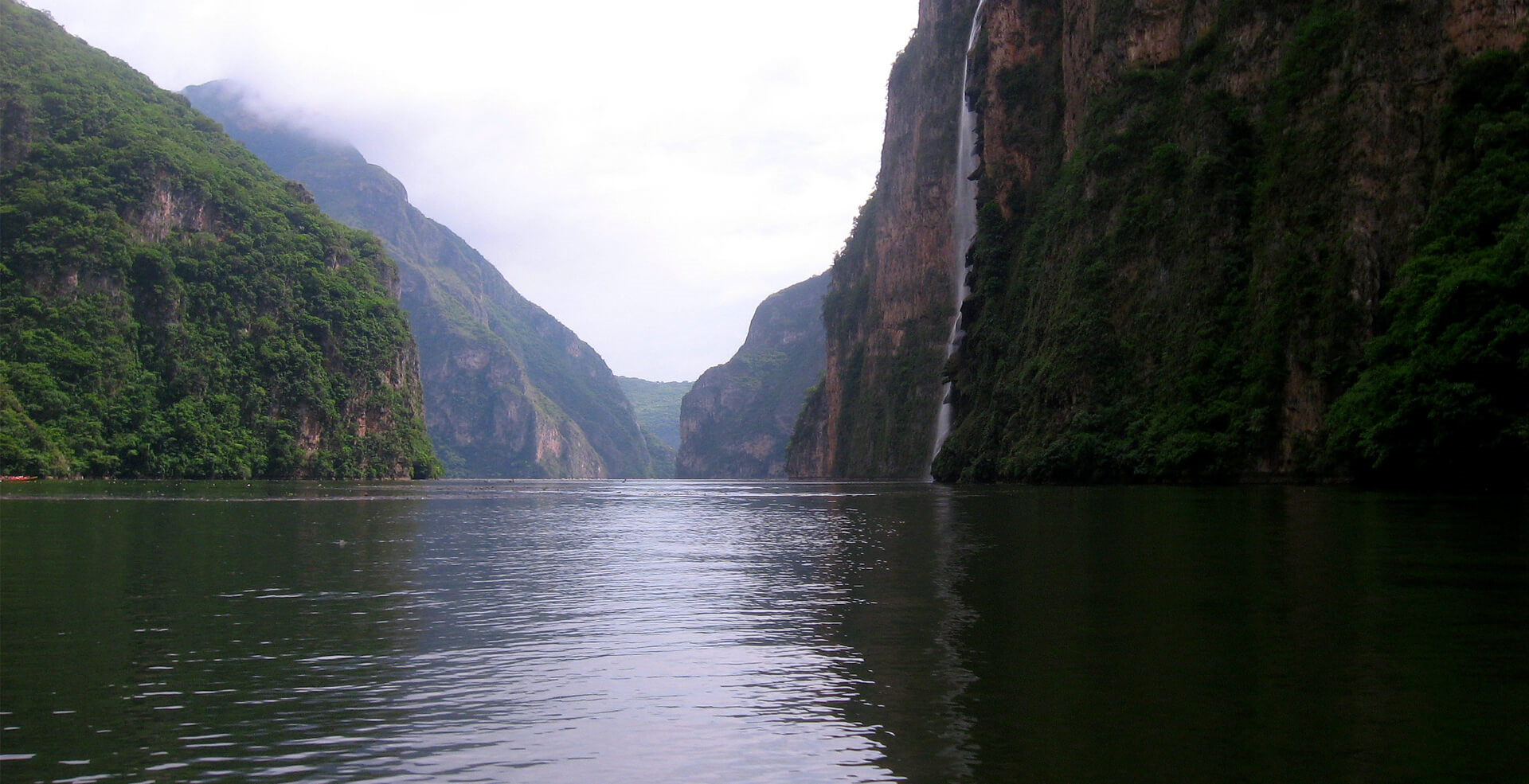For this week’s reflections, I will be commenting on my professor’s lecture for Week 5 of class, entitled “Caudillos versus the Nation State”.
What I found most interesting about this week’s material was its focus on the West and Western ideology and how they influenced (and still influence) Latin America, which is a topic that is still researched heavily today. Namely, it is declared that Marti saw the US as an increasing threat to Latin America. This was a sentiment that was popular in the 19th century, and still is today. However, this is not a sentiment that is only echoed in Latin America, but throughout regions where US involvement was and, in some cases, remains prominent. One may think of Iran, Russia and Southeast Asia as examples. Interestingly, poll after poll, people outside the United States and the Western World have declared the United States as the greatest threat to world peace today. This offers a dichotomy with the American and Western sentiment towards American interventionism, which is still relatively positive and seen as a force for good and the preservation of peace and human rights around the globe.
Additionally, it is stated in the lecture that independence brought neither order nor stability. This is still the common reality of Latin America (and other regions such as Sub-Saharan Africa) today. In fact, strife, intergroup warfare, tribal politics and separatism are still commonly observed to this day. One might think of the various revolutionary groups and of opposition political parties still active today, such as the Zapatistas, the FARC, the numerous ELN groups, and the still ongoing debate between left-wing, right-wing and centrist parties throughout Latin America. Also, although liberalism is said to not be accepted in Latin America as the leading ideology, this is not exactly accurate. In fact, almost all regimes in Latin America accept the basic principles of liberal ideology as true, namely the ideal of a capitalist economy, equal constitutional rights and liberties, fair and free elections, and free trade. Most of the countries are also aligned with the United States and the West on most political and/or economic issues. The examples of Chile, Peru, Mexico and Argentina may be cited. Although the general population declares itself independent and autonomous from the West, its policies often don’t reflect this sentiment. Notably, Argentina, Mexico and others continue to take parts in international agreements and conferences led by the United States and the West, and have been part of tremendous trade relationships. Thus, saying that Latin America and the United States, and by extension, the West, are completely disconnected politically and economically would be a little misleading.
Joseph

Hi! Thank you for your blog, it was very interesting to read and I have to admit that what you say on the US being one of the “greatest threats to world peace today” made me smile. It is very true that the US, especially with the current President, represents a menace for the world’s stability, but I want to widen a bit this question. Don’t you think that this attitude is also the result of what is happening on a national scale (racism, violence, economic issues etc.)?
Hi Hanae,
Thank you so much for your comment! I am glad you agreed with my point and that it gave you joy. Although it is true that the current President is disrupting the American policy agenda, it is also true that US policy has disrupted peace for ages.
This is a result of many factors. Only to name a few, I would say that the most important are American foreign policy (which is centered around preserving American interests abroad at all costs), corruption (which are centered around preserving corporate interests in the US and abroad) and US nationalism, which has ingrained a sentiment of US hegemony and exceptionalism. To me, the racism and violence that you mention are simply a natural extension of the US government feeling and acting like a superpower which has been vested with the religious quest to preserve freedom and human rights abroad, although that is in itself contradictory.
Joseph
“almost all regimes in Latin America accept the basic principles of liberal ideology as true, namely the ideal of a capitalist economy, equal constitutional rights and liberties, fair and free elections, and free trade.”
This is true, but we might think about the fact that there is often a distance between what is said and what is done, between high ideals (enshrined for instance in many national constitutions) and practices that don’t necessarily live up to those ideals. We might also suggest that this is very often a problem for liberalism in general. Why is this?
it is important to acknowledge the deep ties between the Latin American world and the United States. I believe that alternately resisting and emulating the influence of the U.S has been and continues to be a vital aspect of Latin American history. While you focused more on the political ramifications of this reality, I also find it interesting to consider how American influence has affected Latin American culture and lifestyle. Its also worth considering the impact Latin American immigrants have made on the United States.
Hey Joseph!
I loved how you brought in the examples of Chile, Peru, and Argentina to elucidate your point.
Good work!
Felipe